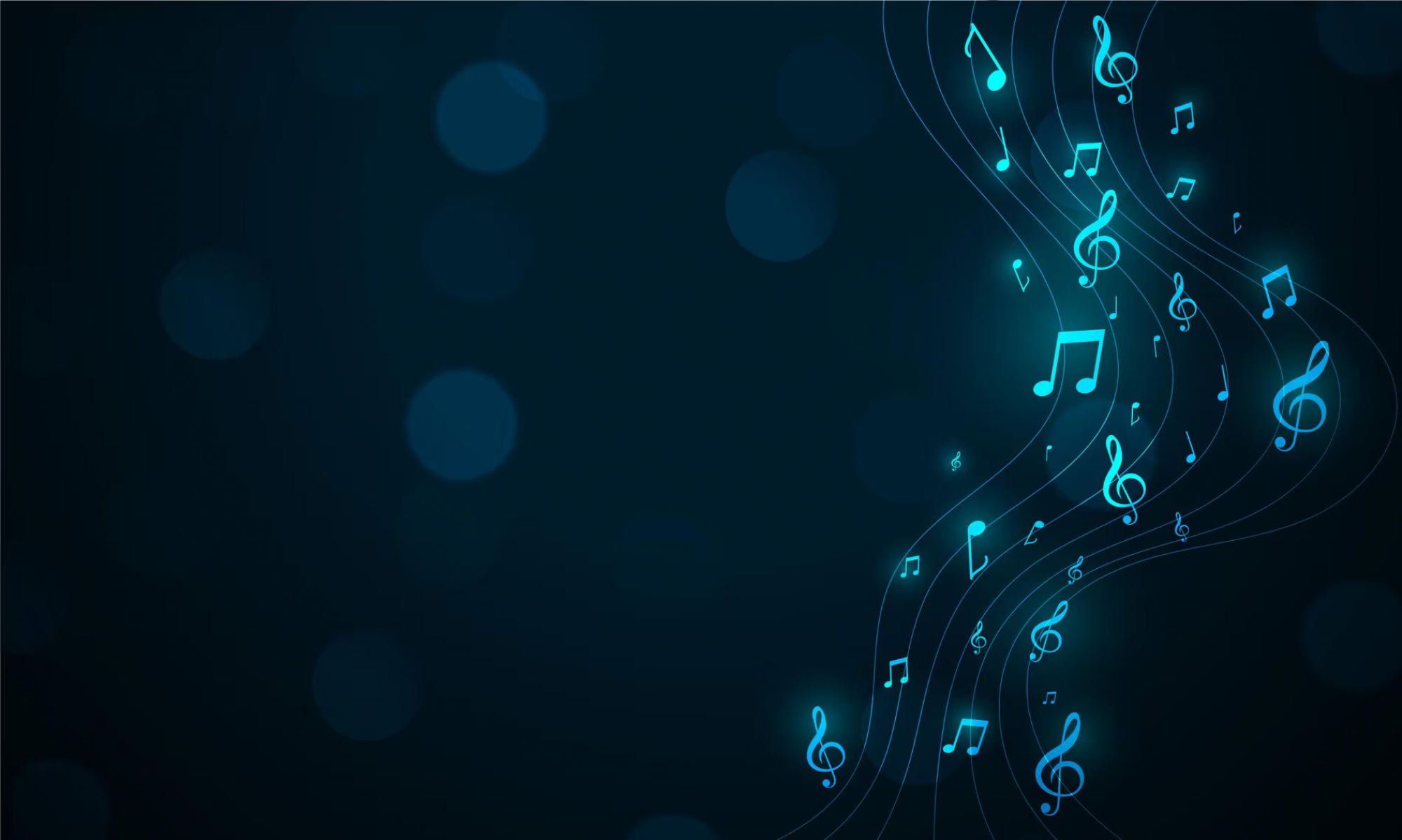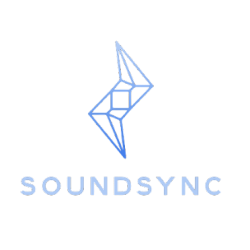This week, our team made significant progress on every subsystem. For eye tracking, we have a heuristic model that can predict when someone is looking at the last couple of measures on a page. Next steps involve head tracking heuristics for nonlinear or repetitive musical structures and edge cases that audio alignment alone would fail at. For the audio alignment, we now have audio alignment working with a few bugs. One serious challenge we faced was figuring out a reasonable threshold to detect long linear sections of matches between the MIDI and live recording. We’re still working on this, but now dynamic time warping is showing great results that we can use after applying thresholding and segmentation more intentionally. For the webpage, we have several new features: a user can turn pages manually, there is an animation for forward and backward page turns, and we also have the ability to change the page being displayed from the backend. Perhaps the most significant update to the frontend is that we can display a moving cursor to indicate position in the score. This feature is not yet being updated from the backend, however, and is the next big challenge. The goal is to implement web sockets to send data in real time with low latency and get the cursor to update. Overall, we made a lot of progress leading up to Thanksgiving break, and we will continue working hard to reach MVP. We are currently on schedule, but definitely have significant challenges to overcome in the weeks up ahead.
Over the past semester, our team has grown tremendously. We began with subsystems that we each wanted to work on – but over time, we began to function much more like a team with a goal. We help each other debug sections of code and we all work together to catch people up to speed who may have been out taking an exam. We care a lot about collaboration rather than competition, and ensure we always help each other out to reach MVP. Our scheduling philosophy is to use Agile Development and Sprint Planning in order to make progress every day. We meet 5-6 times a week and have a brief discussion at the beginning about blockers, goals, and areas we may need help in. After that, we get started with work!
Weekly team dinners are also extremely important to manage a good working relationship. Our team works in sprints, and we often have large blocks of scheduled time out of which we must complete tasks and remain productive. One unique thing we do is eat at Kiin Lao Thai Restaurant to boost morale. We’re able to get away from the code and discuss higher level concepts in integration and think about our system in a relaxed environment. When we get back to lab, we often figure out trickier bugs and resume productivity while keeping our minds nourished!

